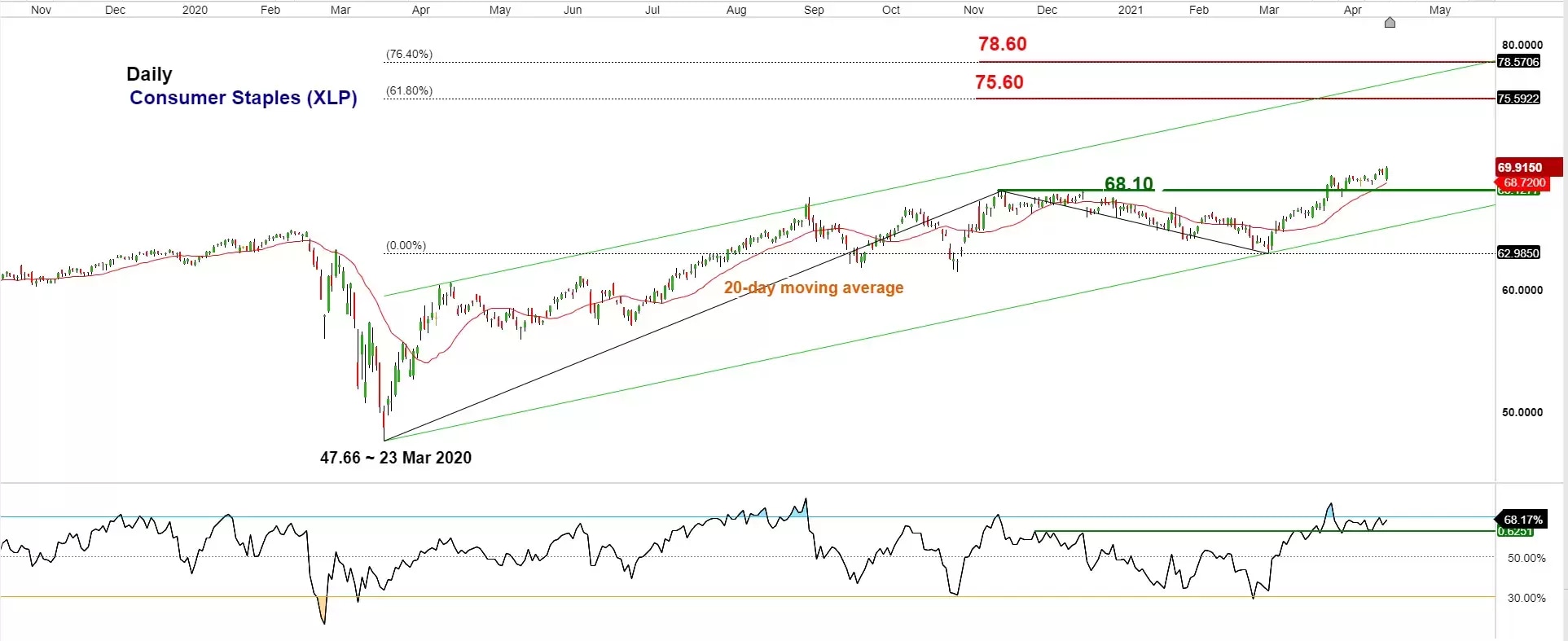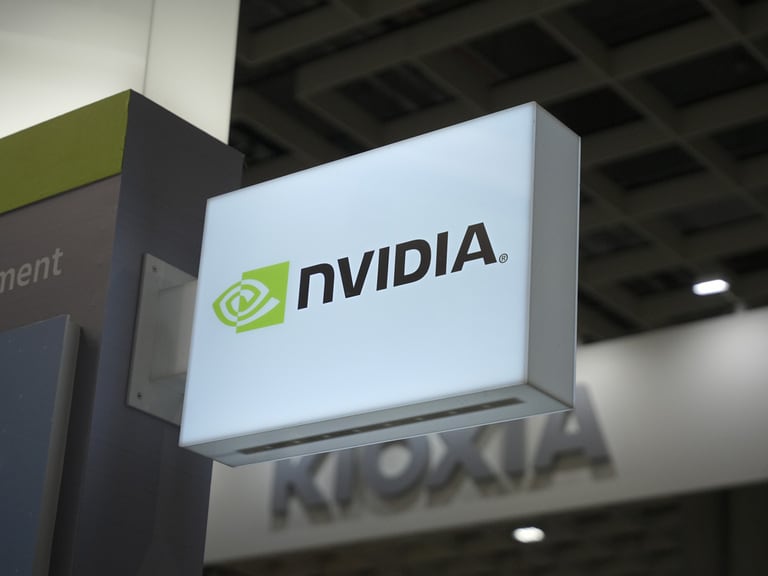The US stock market continued to see profit-taking activities yesterday, as the S&P 500 declined by -0.68% to close at 4,163, its second consecutive day of losses for the first time since 24 March.
In addition, the Nasdaq 100 and Dow Jones Industrial Average recorded similar loses at -0.71% and -0.75% respectively. The small-cap stocks index, Russell 2000, was the worst performer after tumbling by -1.96% to close at 2,188, a 10-day low.
Market breadth was weak as well, with declining stocks outpacing advancing stocks by a ratio of almost three to one at both the NYSE and Nasdaq exchanges. Only four of out the 11 S&P sectors were in the green, with defensive sectors providing support and outperforming the broader market. Utilities (+1.32%), real estate (+1.12%), consumer staples (+0.57%) and healthcare (+0.43%) were all ahead. On the other hand, technology/growth and cyclicals/value underperformed. Consumer discretionary fell -1.22%, financials lost -1.81% and energy slipped by -2.66%.
There was no clear catalyst triggering yesterday’s sell-off, and while looking at the performances of the 11 key S&P sectors, market participants seemed to be rotating into defensive stocks rather than an outright de-risking of risk assets. Also, the recent four weeks of upward moves seen in the two major indices, the S&P 500 and Dow Jones, had reached overbought conditions as measured by several momentum indicators.
In addition, we're at the early stage of the US Q1 earnings reporting season, where analysts estimates have increased significantly on aggregate. The S&P 500 has increased 6% in earnings per share (EPS) versus the previous quarter, the biggest jump since Q2 2002, based on data from FactSet. Overbought conditions coupled with rosy earnings expectations tend to reinforce an increased risk of profit-taking.
Two notable earnings releases came in after the close of the US market. United Airlines reported a steeper loss for Q1 at -$7.50 per share versus the consensus estimate of -$7.08. The United Airlines share price tumbled -0.58% in the after-hours session, extending its earlier loss of -8.53% at the close.
Netflix, part of the FAANG mega tech stock bandwagon, reported better-than-expected Q1 earnings: $3.75 per share versus the consensus estimate of $2.98. However, subscriber growth for Q1 disappointed, after the streaming giant recorded its smallest gain during that three-month period in four years. Q1 net paid subscriber additions came in at +3.98 million, below the consensus estimate of +6.29 million, versus +15.77 million a year ago in the same quarter. Netflix's share price plummeted -8.68% to $501.89 in the after-hours session.
Chart of the day – Consumer Staples (XLP)
An impulsive 'up' move is in progress.

Source: CMC Markets






